Mozambique: Health Minister meets with Maputo hospital doctors to halt strike threat
Covid-19: Fighting the third wave in Maputo, Mozambique – Look
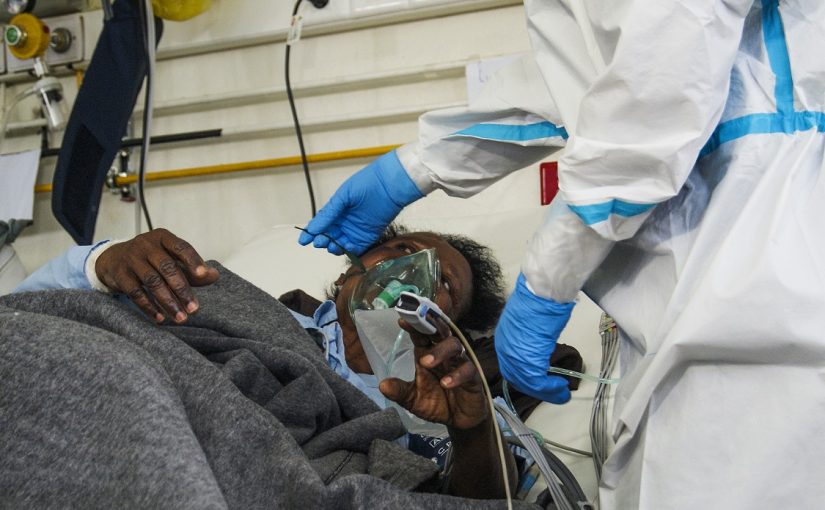
All photos: Luisa Nhantumbo / Lusa
Lying on a bed with an oxygen mask on, 66-year-old Lúcia Fabião has been fighting for her life for five days in Maputo’s Polana Caniço General Hospital, a victim of Mozambique’s third and most serious wave of Covid-19 infections.
But her mind is still in Infulene, on the outskirts of town, and the orphaned children she has been caring for 15 years.
“I’m not there to help my children, and they’re missing grandma,” the teacher complains to Lusa, herself dependent on a breathing machine in the hospital’s isolation centre, one of those serving Maputo.
The capital continues to have the highest number of cases and deaths in the country, but nowhere escapes.
Lucia is among the 18,329 people who tested positive in the first 15 days of July in Mozambique, numbers considered alarming in this third wave, mostly dominated by the Delta variant, which the authorities say is “much more infectious”.
To mid-July alone, nearly as many people (179) died as in the entire month of February, the peak of the second wave.
Lying on a bed in the isolation centre, Lúcia Fabião clings to the memories of the 21 orphaned children she takes care of in a small shelter for minors.
“I have [my own ] six children and grandchildren. When I look at these orphaned children, I see my own grandchildren,” she says, adding that her greatest desire now is to overcome the disease and return to work.
The number of critically ill patients in Lucia’s ward is proof that the authorities’ warnings about the increase in hospital admissions are to be taken seriously, with the hospital currently receiving an average of 20 people a day, almost double the number recorded at the peak of previous waves.
In the next room, Fernando Magaia, 66, tells Lusa that he was also hospitalised in critical condition, lamenting the fact that the disease separated him from his three children and wife.
Magaia requires twice as much attention due to the fact that doctors have detected other pathologies. “They say I also have diabetes,” he explains. “I feel like I’m getting better, not like on the first days I got here,” the patient adds. But he still needs oxygen to breathe.
The increase in the number of Covid-19 deaths, infections and hospitalisations is putting pressure on the health system, and the Polana Caniço General Hospital is already beginning to feel the effects.
“We are really reaching the limit,” [general ] internist doctor Natália Soares tells Lusa.
The biggest fear is an issue that has been little debated in the country: the possibility that front-line health professionals are also reaching breaking point.
“I’m afraid we’ll become exhausted, taking into account that we are now in a phase of increased activity,” doctor Natalia Soares says.
The Mavalane tents
Not far from Polana Caniço are the Mavalane General Hospital tents. Initially set up for suspected cases, one of them was already fully occupied by Covid-positive patients [this article was originally published on Saturday, July 17], a worrying sign for health professionals, given the capacity of the unit.
“Each patient has their own needs, and every Covid-19 patient is different,” Otelinda Camacho, general practitioner at Mavalene Hospital, tells Lusa.
Mozambique had, by Monday (July 19) registered 1.138 deaths and 100.785 Covid-19 cases, 76% of which are deemed recovered. The number of active cases stood at 22.804, with 481 hospitalised patients.
In response to the third wave, President Filipe Nyusi on Thursday announced a tightening of restrictions to prevent the disease.
The measures, announced for 30 days since Saturday, include a ban on all social events, including private ones, significant reduction of business hours, the suspension of pre-school education throughout the country and the suspension of face-to-face classes at all levels in Maputo (metropolitan area, Manhiça included), Xai Xai, Inhambane city, Beira, Chimoio, Tete city and Dondo.
The nightly curfew starts at 9:00 p.m. instead of 10:00 p.m. in all towns and cities.



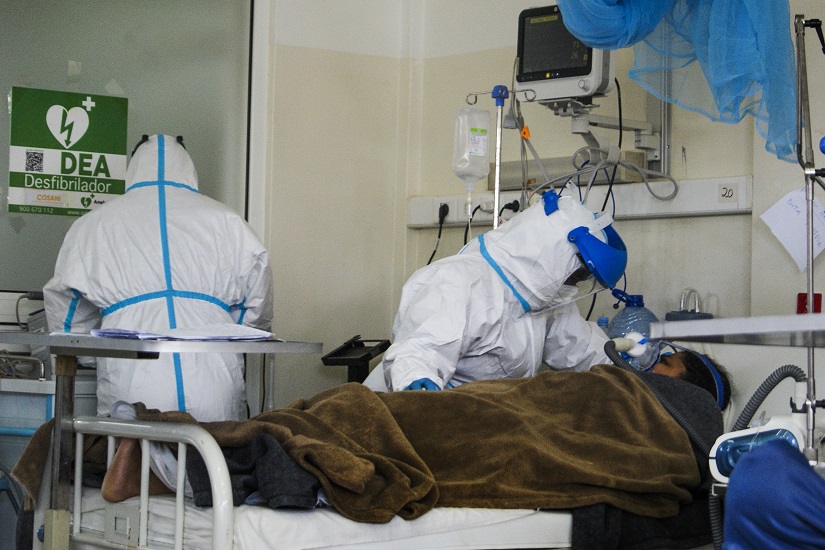
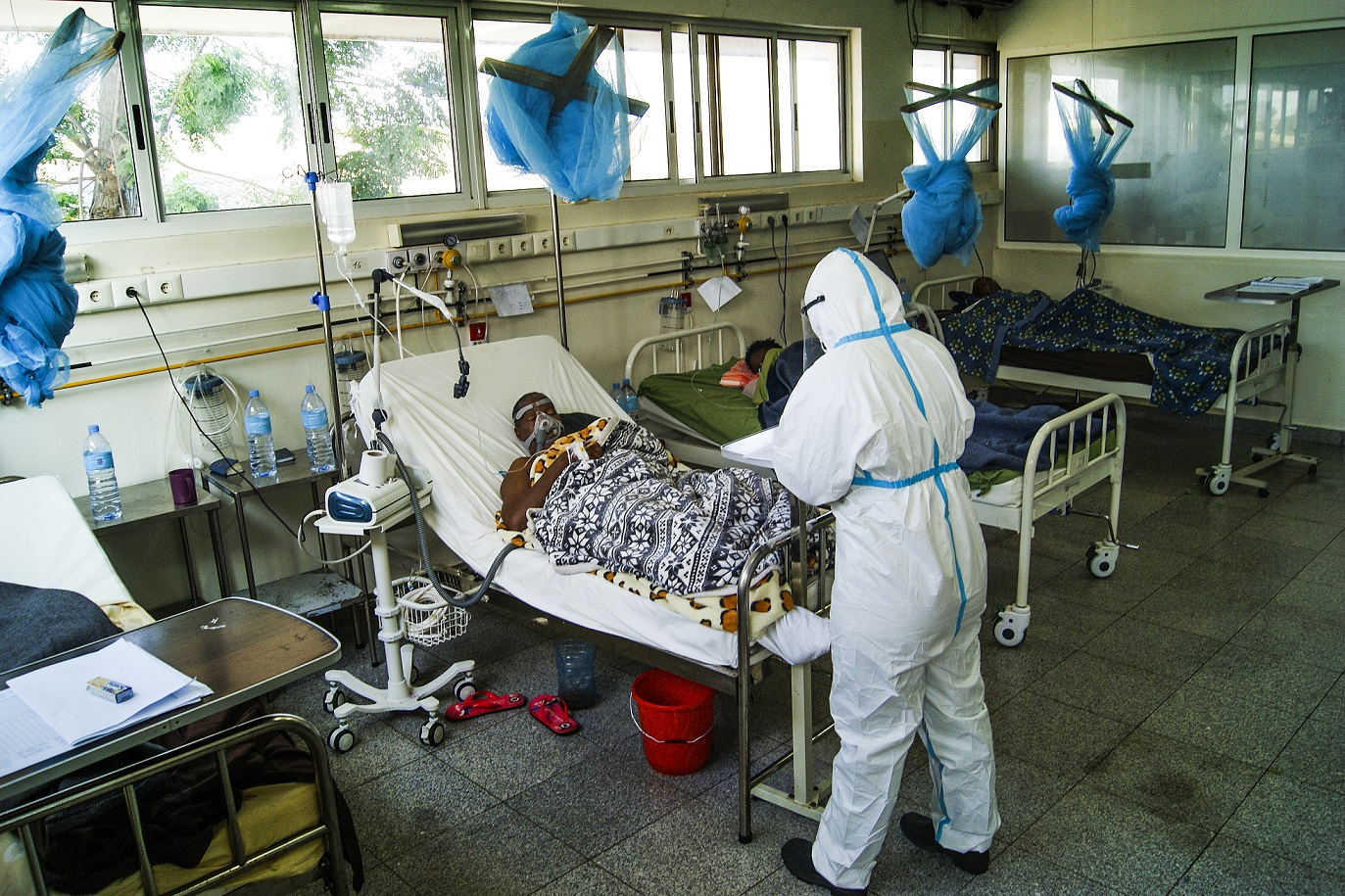

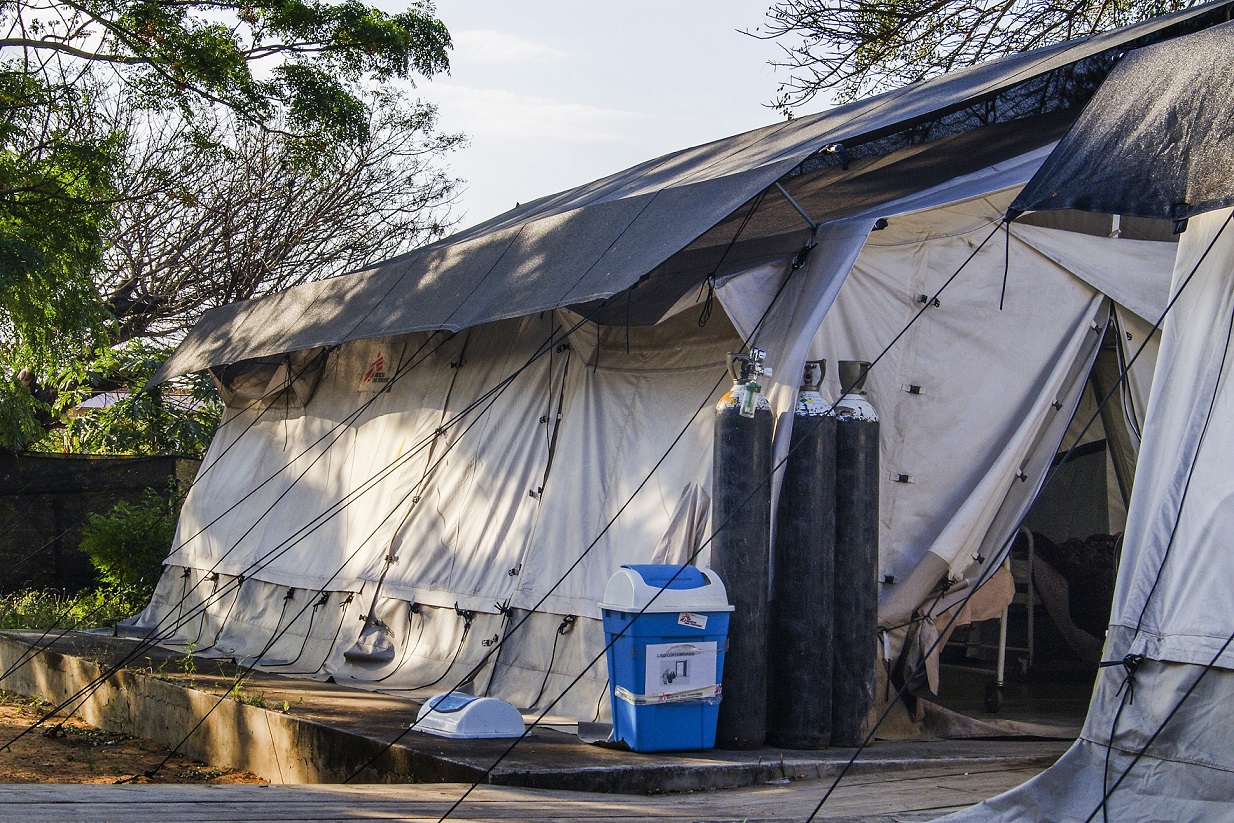
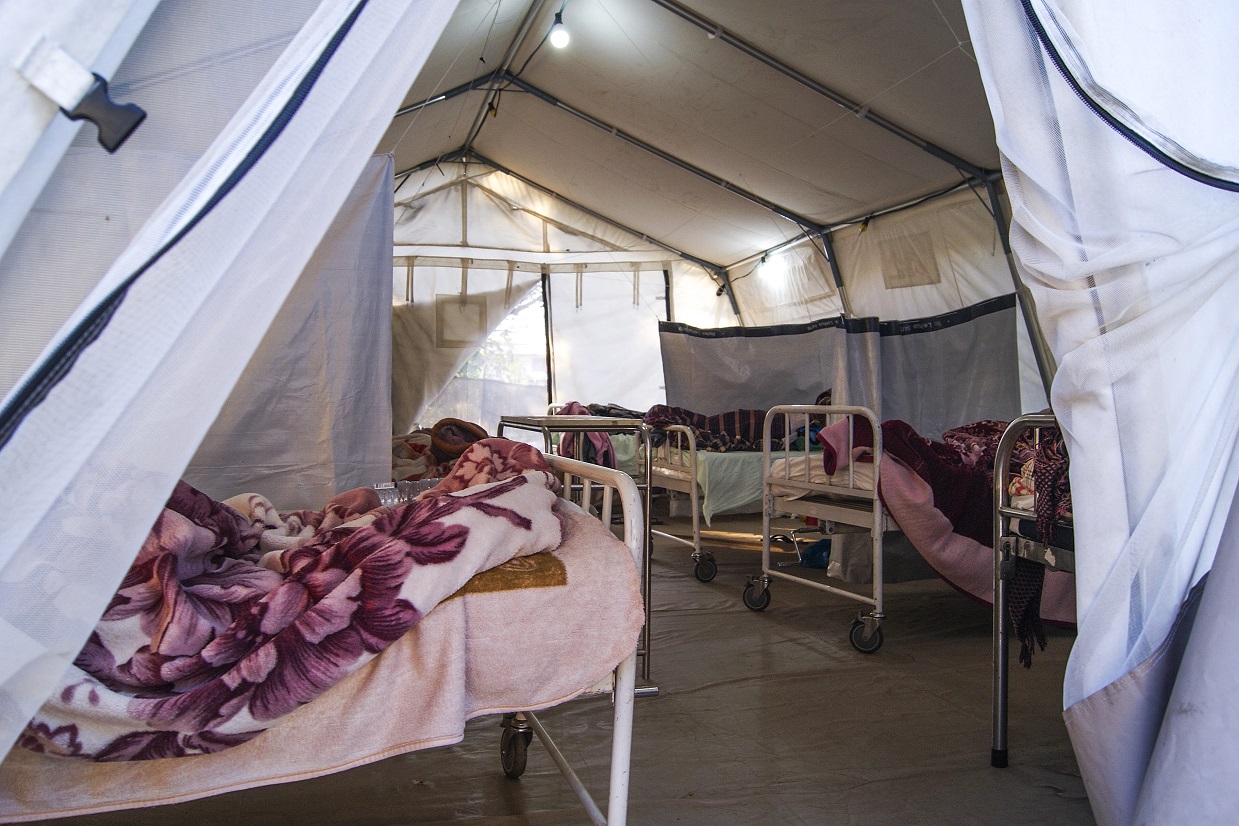
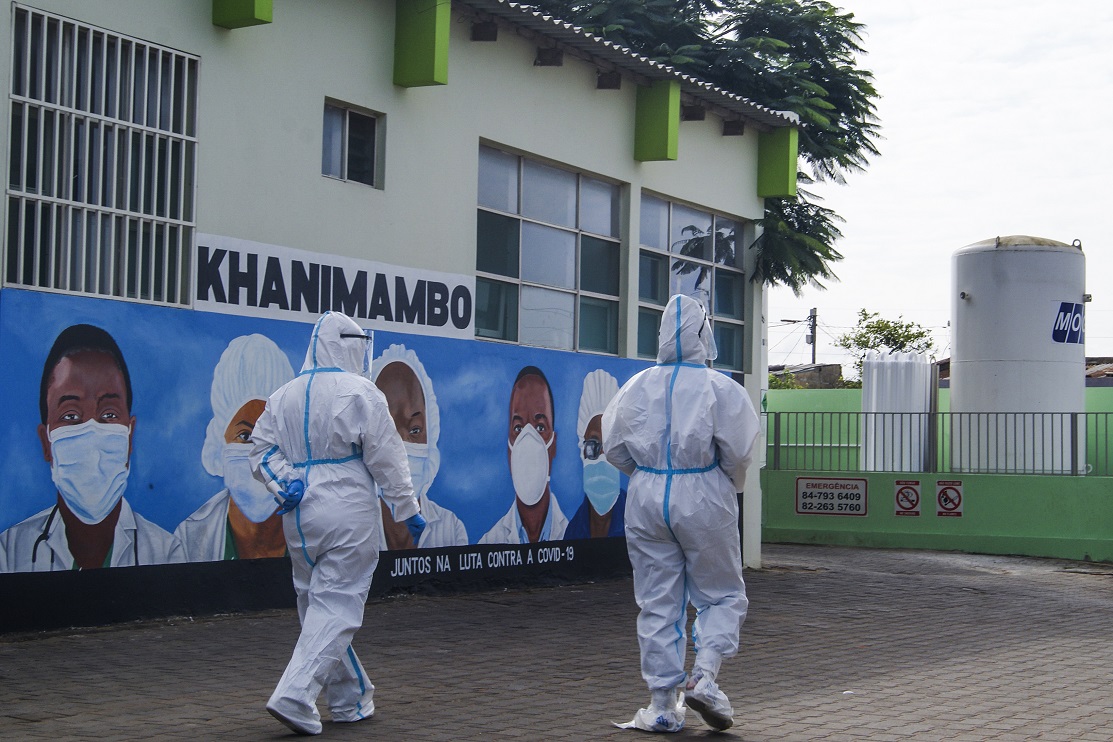



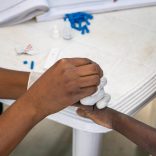







Leave a Reply
Be the First to Comment!
You must be logged in to post a comment.
You must be logged in to post a comment.